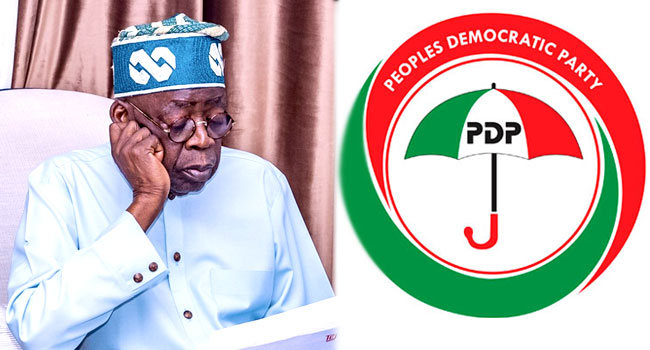US Criticises Nigeria’s Import Ban On Agricultural, Pharmaceutical Goods
On Monday, the United States Trade Representative (USTR) criticized Nigeria’s import ban on 25 product categories, arguing that the policy restricts market access for American exporters.
This criticism followed President Donald Trump’s imposition of a 14% tariff on imports into the US, including goods from Nigeria.
The USTR emphasized that Nigeria’s import restrictions impact multiple sectors—especially agriculture, pharmaceuticals, beverages, and consumer goods.
Products such as beef, pork, poultry, fruit juices, medicaments, and alcoholic drinks are among the banned items. The USTR views these restrictions as major trade barriers that limit export opportunities for American businesses and result in lost revenue.
“Nigeria’s import ban on 25 different product categories impacts U.S. exporters, particularly in agriculture, pharmaceuticals, beverages, and consumer goods.
“Restrictions on items like beef, pork, poultry, fruit juices, medicaments, and spirits limit U.S. market access and reduce export opportunities.
“These policies create significant trade barriers that lead to lost revenue for U.S. businesses looking to expand in the Nigerian market,” the agency said via its X handle.
In 2016, Nigeria introduced a ban on 25 items to curb imports and boost domestic production.
The list includes products like poultry, pork, refined vegetable oil, sugar, cocoa-based goods, spaghetti, beer, and select pharmaceuticals.
Additionally, on March 26, 2025, the Federal Government revealed plans to stop solar panel imports in a bid to promote local manufacturing and support its clean energy agenda.
4/8/2025, 3:02:00 PM
views 2130
55







